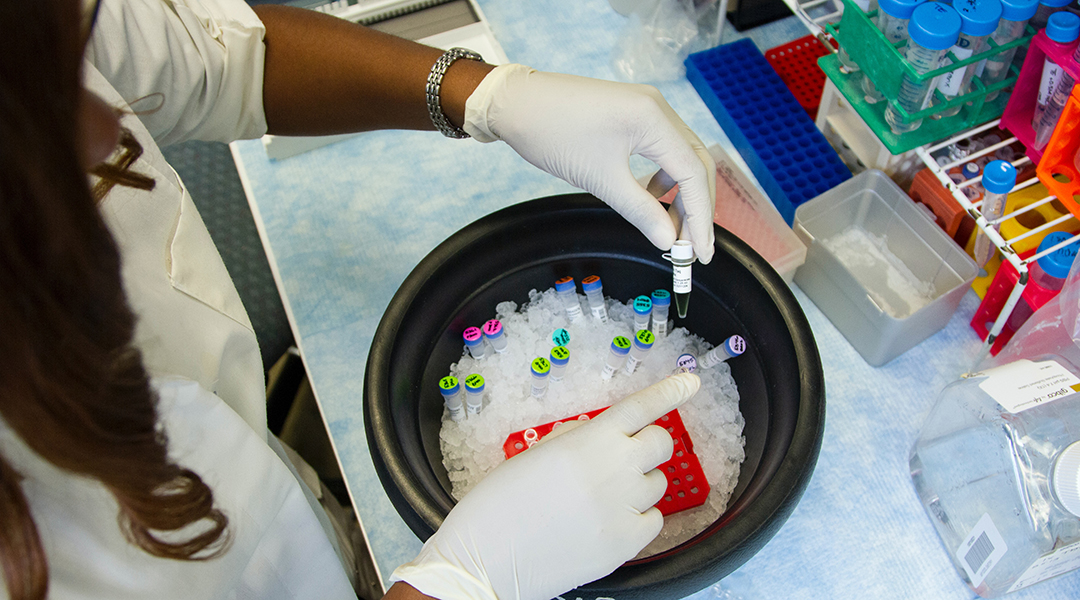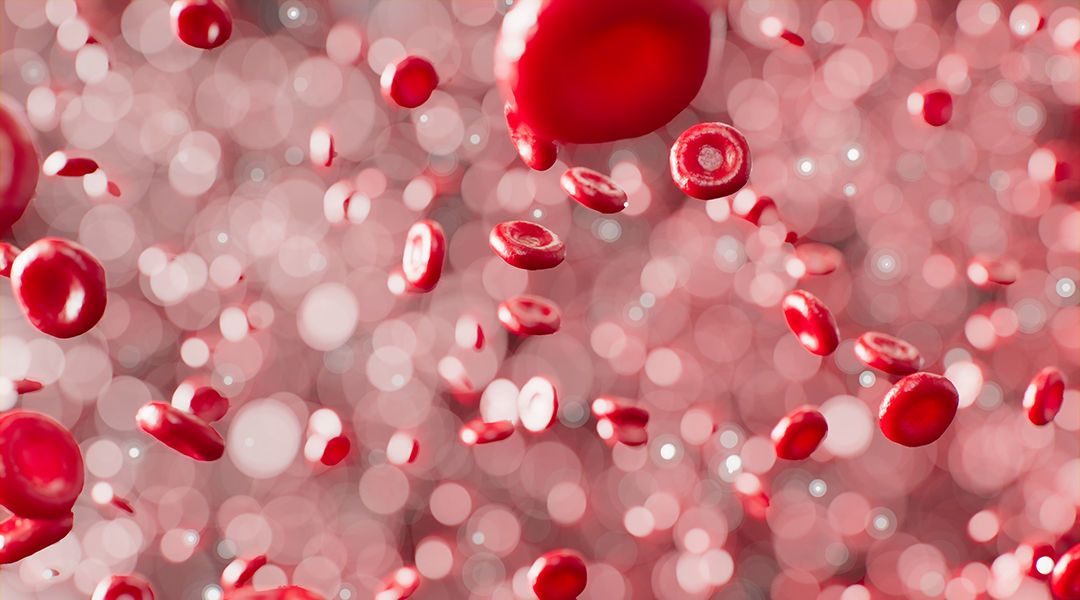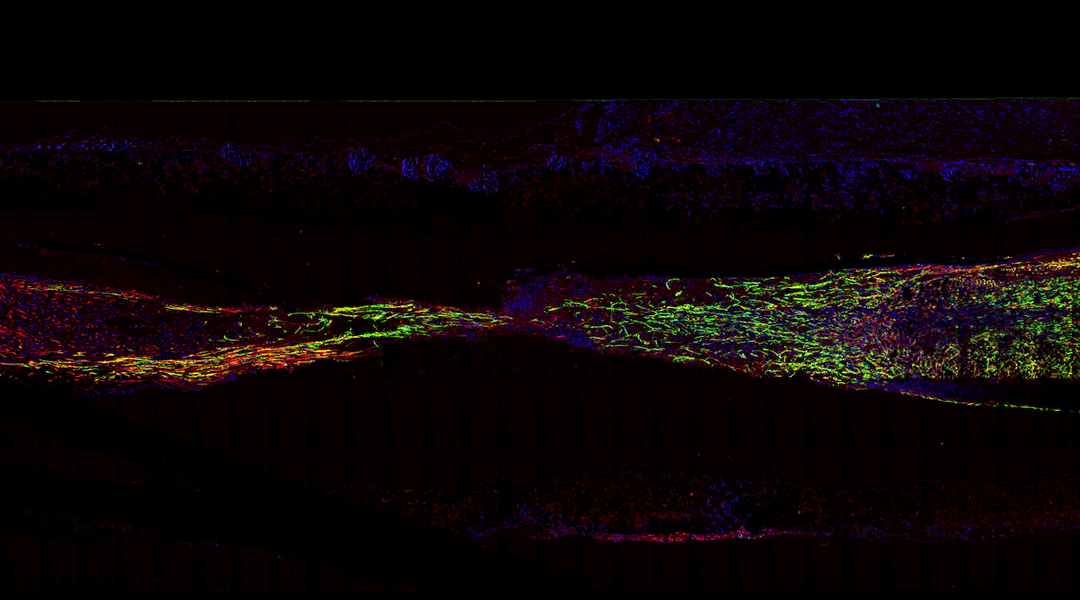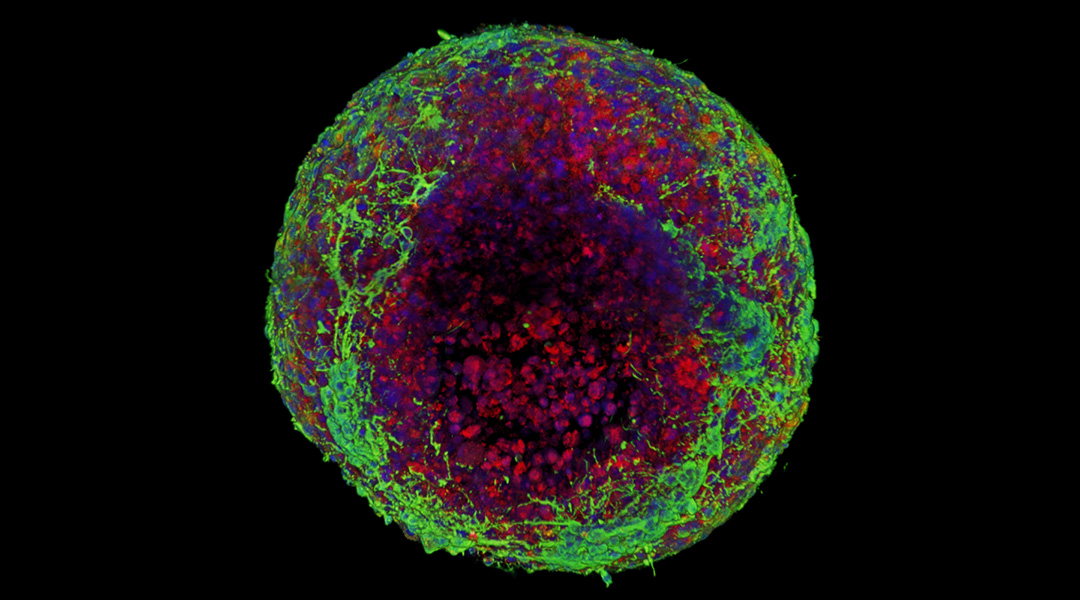Microneedle skin patches combined with a safe electrical current help antigens cross the skin to trigger an immune response against tumors.


Microneedle skin patches combined with a safe electrical current help antigens cross the skin to trigger an immune response against tumors.

A nanotherapy could be used as part of a multifaceted strategy for individuals grappling with severe health implications of obesity.

Many biopsies may soon be avoidable with the advent of an accurate biosensor for prostate cancer that detects biomarkers in the blood.

New findings point to the crucial role that mRNA modifications play in how the body regulates pain-related molecules.

Weaving piezoelectric polymers into nanofibers reveals a surprising pathway to boost stem cell growth naturally, without external power.

In a world first, UK authorities grant regulatory approval for a CRISPR gene therapy targeting sickle cell disease and β-thalassemia.

Cutting short “shut eye” by just an hour and a half a night directly impairs blood vessel cells in healthy women.

Molecules isolated from a rare cyanobacteria found in Japan found to have UV-absorbing, antioxidant, and anti-aging properties.

A fully biodegradable nerve scaffold not only helps regenerate damaged nerves, but negates the need for retrieval procedures.

Growing brain tissue requires capturing the realistic “squishiness” and cohesion between cells, but how each cell type contributes has been a mystery.